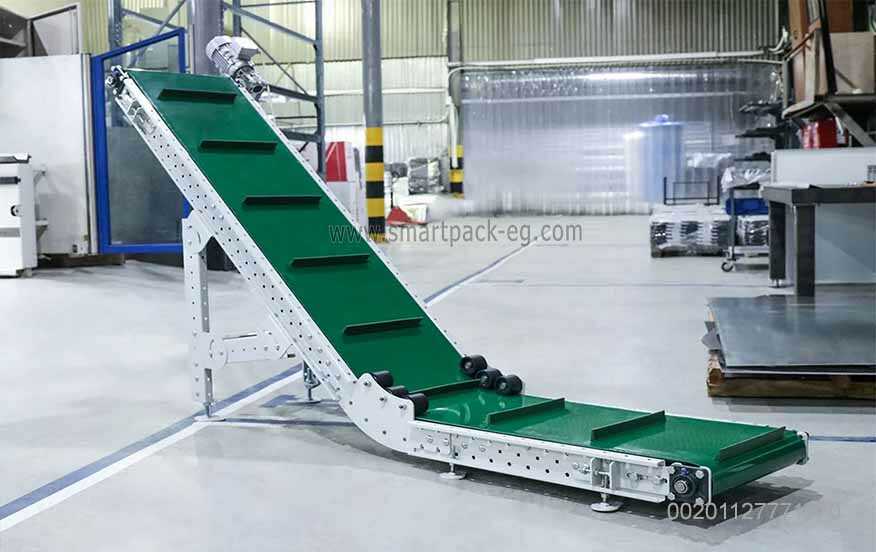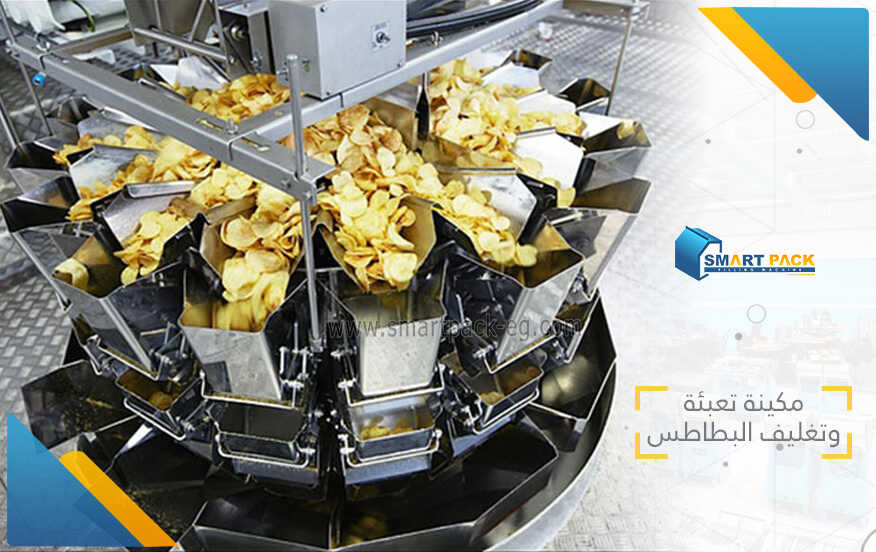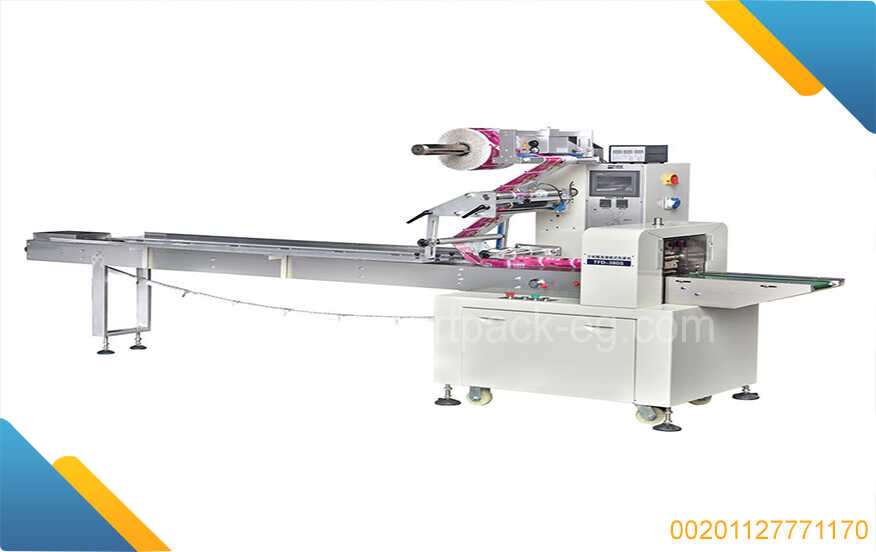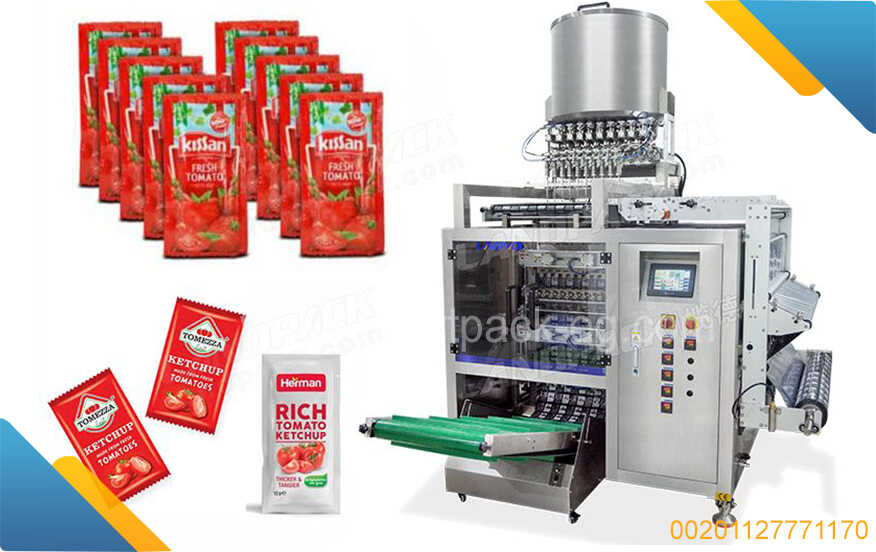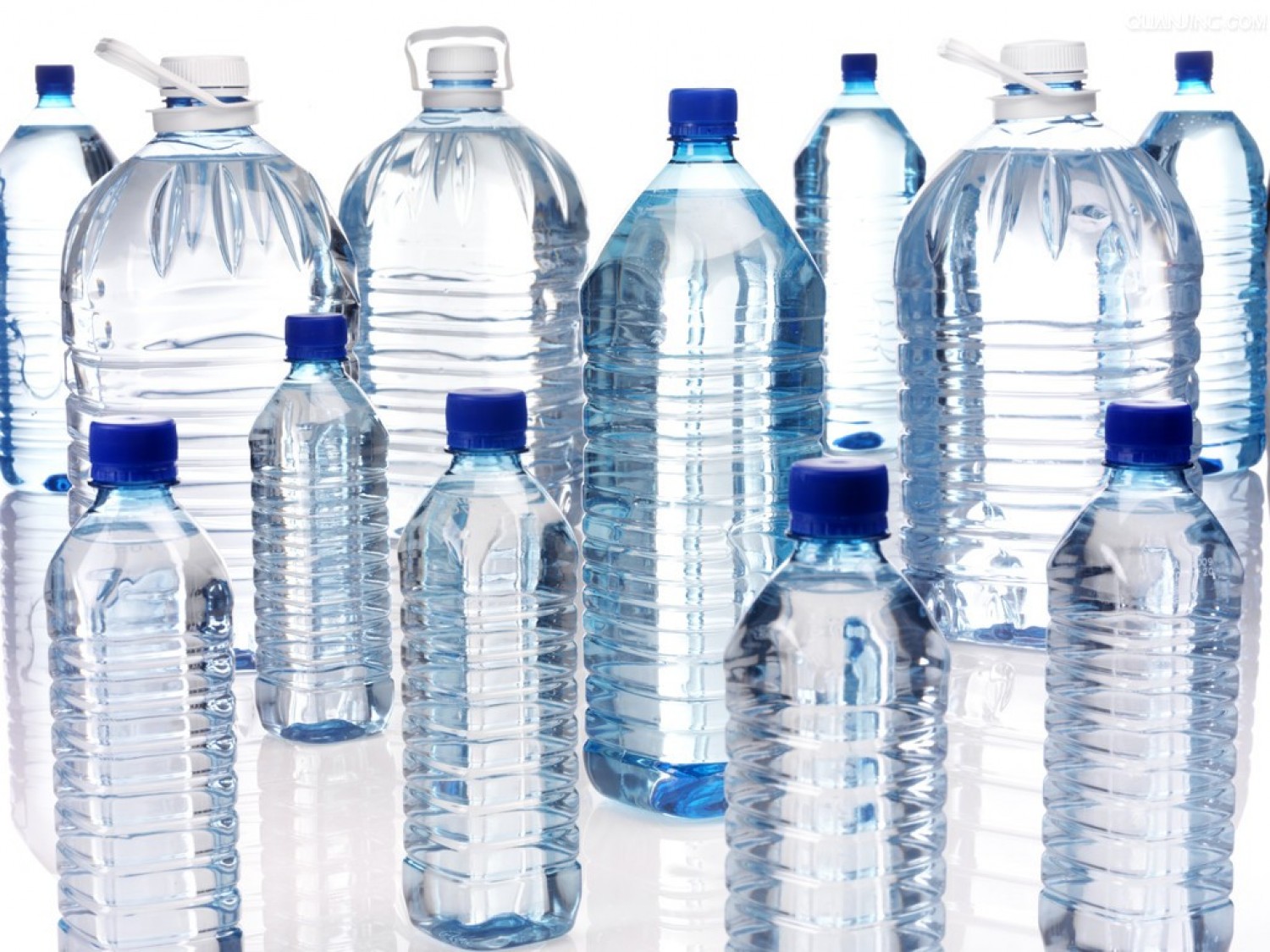How to Guide: Project for Packing and Wrapping Used Oils for Resale in Egypt
Introduction:
Welcome to this step-by-step guide on setting up a project for packing and wrapping used oils for resale in Egypt. This lucrative business opportunity involves collecting, reprocessing, packaging, and selling used oils to various industries. By following the instructions provided, you'll have a comprehensive understanding of the process and be ready to launch your successful venture.
Step 1: Research and Planning
-
Conduct market research: Evaluate the demand for used oils in Egypt, identify potential customers, and analyze the competition. Determine the various industries that require used oils, such as manufacturing, automotive, or energy sectors.
-
Develop a business plan: Outline your goals, target market, pricing strategy, marketing approach, and financial projections. Include a detailed operational and logistical plan that covers the entire process from collection to packaging and distribution.
Step 2: Legal and Regulatory Compliance
-
Register your business: Consult with local authorities to understand the legal requirements for setting up a packing and wrapping used oil business in Egypt. Register your company name, obtain necessary permits and licenses, and comply with all relevant regulations.
-
Environmental permits: As handling used oils can have environmental implications, ensure compliance with environmental regulations and obtain any necessary permits for waste collection, processing, and disposal.
Step 3: Collection of Used Oils
-
Establish collection points or partnerships: Contact automotive workshops, factories, and other sources of used oils to collect them for your business. Develop agreements or partnerships to ensure a steady supply of raw materials.
-
Implement efficient collection procedures: Train your staff on proper collection techniques and safety precautions. Set up a robust tracking system to maintain records of oil sources, quantity collected, and transportation logistics.
Step 4: Reprocessing and Quality Control
-
Filtering and cleaning: Designate a reprocessing area where the used oils will undergo filtration and cleaning processes. Install proper equipment, such as filtration systems, centrifuges, and decanters, to remove impurities.
-
Testing and quality control: Regularly test the processed oil to ensure it meets required quality parameters. Invest in laboratory equipment or collaborate with certified testing facilities to assess important factors like viscosity, acidity, and flashpoint.
Step 5: Packaging and Wrapping
-
Select appropriate packaging materials: Choose high-quality packaging materials such as barrels, containers, or jerry cans that comply with industry standards for the transportation and storage of used oils. Ensure they are leak-proof and resistant to corrosion.
-
Labeling and marking: Clearly label each package with essential information such as batch numbers, manufacturing dates, expiration dates, and safety instructions in both Arabic and English. Adhere to local regulations concerning labeling requirements for used oil resale.
-
Consider branding: Develop a unique brand identity for your business, including a name, logo, and attractive packaging design. Differentiate your product from competitors and enhance its market appeal.
Step 6: Distribution and Marketing
-
Develop a distribution network: Establish partnerships with distributors or logistics companies experienced in handling hazardous materials to ensure smooth delivery of your packaged used oils to customers across Egypt.
-
Marketing and promotion: Draft a marketing strategy that includes digital marketing, participation in industry trade shows, and engaging with potential customers through various channels. Emphasize the benefits of using recycled oils in terms of cost savings and environmental sustainability.
Conclusion:
By following this comprehensive guide, you are well-equipped to embark on your project for packing and wrapping used oils for resale in Egypt. Remember to conduct thorough research, comply with legal requirements, prioritize quality control, and develop effective marketing strategies. With determination, diligence, and attention to detail, you can establish a successful venture that not only benefits your business but also makes a positive impact on the environment. Best of luck!



 Admin
Admin 